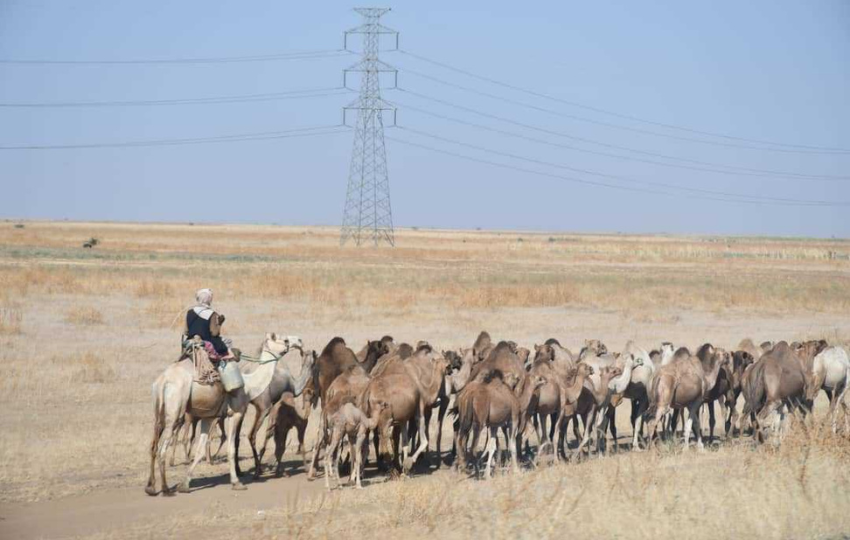Project Background
The agricultural sector in Sudan is currently facing many challenges, including high rainfall variability, outbreaks of pests and diseases, agricultural input unavailability and inaccessibility and irrigation difficulties.
Compared to average of the previous five years, the production of two main staple crops sorghum and millet in 2021 decreased by 28 percent and 44 percent respectively (FAO, 2022). Rainfall variability coupled with inter-communal violence had a major negative impact on millet production in Northern Darfur state, where production was estimated to be 75 percent below the average of previous five years (FAO, 2022).
In response to these (and other) challenges, the Food and Agriculture Organization of the United Nations (FAO) is implementing a large support program targeted at farming and pastoral communities in Sudan through the provision of emergency agriculture and livestock inputs. The overall objective of this program is to restore crop and animal sourced food availability to ensure adequate food and nutrition security for the affected population through time-critical interventions. More specifically, the program aims to enhance the productive capacity of 352,511 vulnerable households (including IDPs, residents, and refugees) through the provision of emergency agriculture and livestock inputs and refresher training to access sufficient food and income in 42 localities across 14 states in Sudan.
Project Objectives
ISDC is running an impact evaluation of this program. There main learning objectives of the study are answering two questions:
- “What are the short-term impacts of the program on the production, productivity, food security, and welfare of the targeted households?”
- “Based on these impacts, was the programme cost-effective?”
We will focus in this study on households who received either agricultural or livestock support interventions, which include certified seeds of crops, cereal, legumes and vegetable seeds, and veterinary services.
Project Details
- Project Year/s: 2022 · 2023
- Donors: United Nations Food and Agriculture Organization (FAO)
- Region/s: Middle East & North Africa
- Theme/s: Impact Evaluation · Micro-Data Collection · Shocks & Livelihoods
- Research Topic/s: Agriculture · Disasters & Emergencies · Food Security & Nutrition · Gender · Poverty & Inequality






